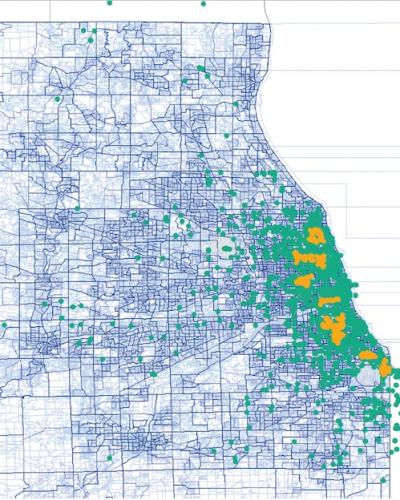Does social togetherness matter for short-term health outcomes? Do people feel better when they’re together? Alyssa Goldman, Assistant Professor of Sociology at Boston College and Erin York Cornwell, Professor of Sociology at Cornell University, examine real-time social networks and health among older adults in Chicago, in order to unpack the question: Do people feel better when they’re together?
The answer of course is yes! Being with someone is associated with lower risk of reporting fatigue and stress in the moment, compared to when people are alone. Being with friends and neighbors (rather than partner or family) is especially beneficial…Why?
People are more likely to be doing recreational activities with friends, which partly explains why they feel better. Friends can also buffer momentary stress, providing just-in-time support and solidarity. And friends tend to pose fewer demands and less conflict than kin.
Importantly, the health benefits of being together in person are distinct from other measures of connectedness like network size. In fact, participants with small and large networks spent just as much time with someone else (about 45-50% of their time, on average). (Of course, not all social interactions are wholly positive… and co-presence may vary across social groups, time, and space in ways that have implications for health.)
Traditional measures of social integration which measure individuals’ overall social connectedness, do “not necessarily align with how often [older adults] experience social accompaniment throughout their day.” A survey might conclude one’s network to be robust, yet their geographical context greatly reduces the potential for frequent social interaction. On the flip side, a person with a smaller network might work or spend time in environments that give them daily social interaction.
Researchers look at how being in the regular physical company of others (momentary social accompaniment) benefits one’s health, apart from measures of their overall social connectivity. In this way, researchers are primarily interested in the real-time association between social accompaniment and physiological symptoms.
The study uses real-time smartphone data, where participants are pinged multiple times a day over three one-week periods, in order to assess fluctuations over short time frames in physiological symptoms. Collecting data in this way using what is called the Ecological Momentary Assessment (EMA) approach, allows researchers to grasps how respondents’ state of wellbeing change throughout the course of a given day, rather than attempting to asses wellbeing using retrospective survey measures.
Read the publication in SOCIUS- Stand By Me: Social Ties and Health in Real Time





